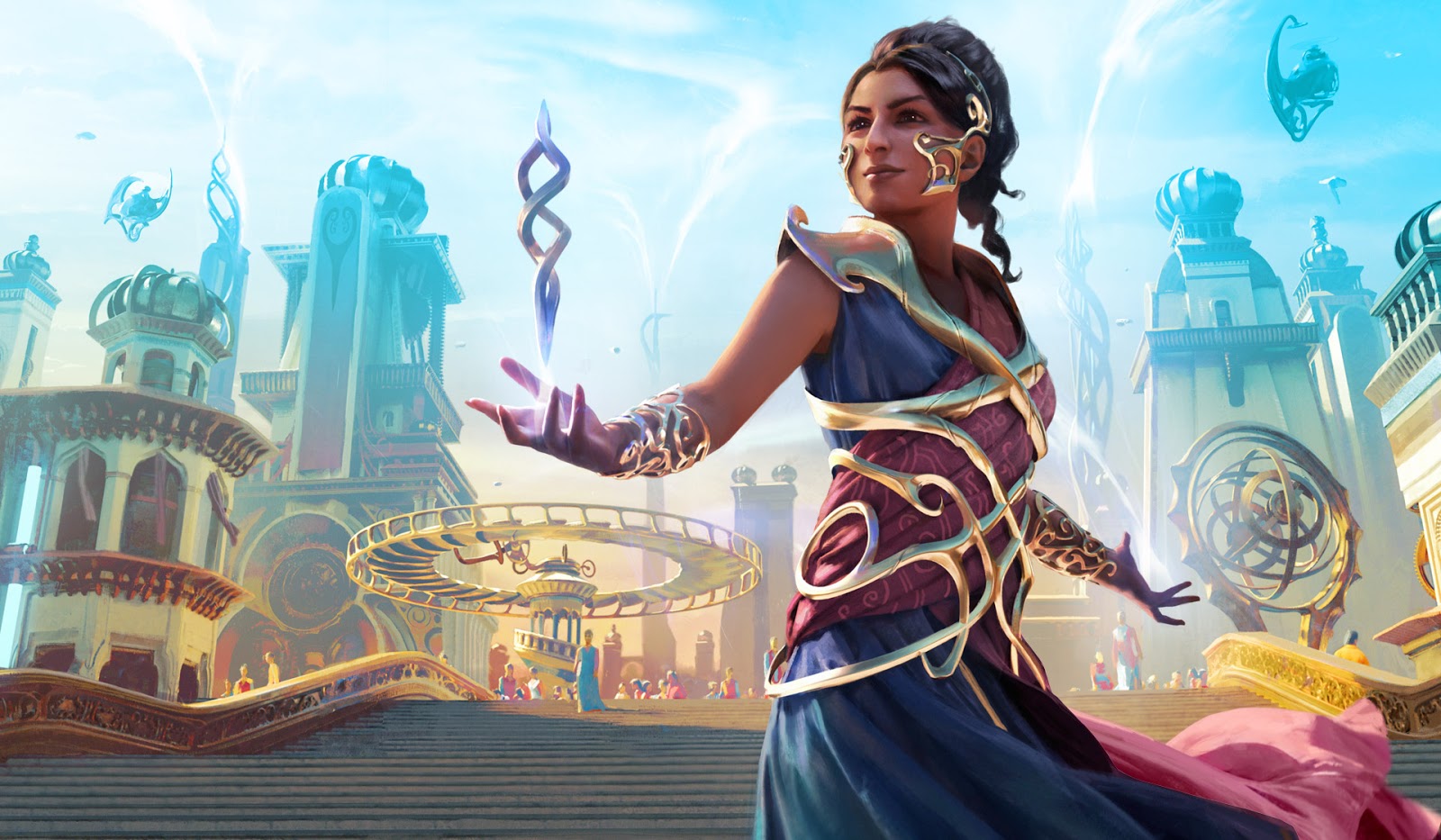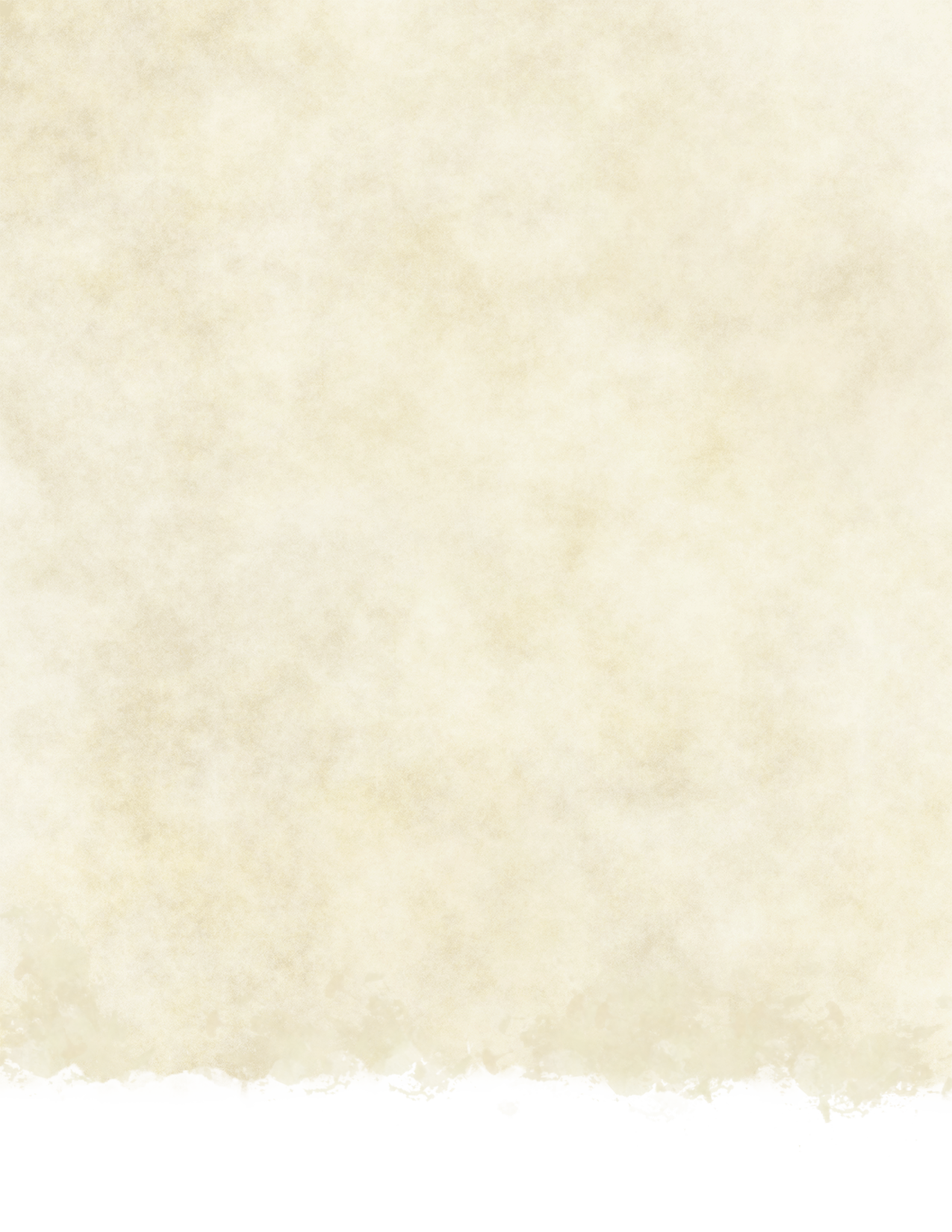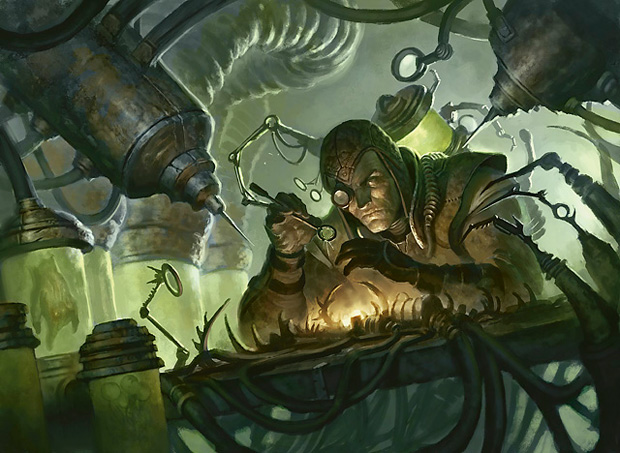




Artificer Optional Features
| Level | New Optional Features |
|---|---|
| 1st | - |
| 2nd | Infuse Item (New Options), Counterfeit Item |
| 3rd | Resizing, The Right Component for the Job |
| 4th | - |
| 5th | - |
| 6th | Magical Transfer, Consumable Mastery |
| 7th | Injection Darts |
| 8th | - |
| 9th | - |
| 10th | Potion adept |
| 11th | Recharging Magic Item |
| 12th | - |
| 13th | - |
| 14th | Potion Savant |
| 15th | - |
| 16th | - |
| 17th | - |
| 18th | Potion Master |
| 19th | - |
| 20th | Soul of Alchemy |
Art Credit : Wizards of the Coast
Optional Features
You gain class features in the Player’s Handbook when you reach certain levels in your class. This section offers additional features that you can gain as an artificer.
Unlike the features in the Player’s Handbook, you don’t gain the feature here automatically.
Consulting with your DM, you decide whether to gain a feature in this section if you meet the level requirement noted in the feature’s description. These features can be selected separately from one another; you can use one, multiple, or none of them.
Infuse Item (New Options)
2nd level feature.
The following options are added to the list of infusions you can learn.
Elemental Weapon.
Item : A simple or martial weapon (Requires attunement)
Choose a type between Fire, Cold, or Lightning when you make this infusion.
This magic weapon sheds bright light in a 5-foot radius and dim light for an additional 5 feet. Moreover, it deals an extra 1d4 damage of the chosen type on a hit.
The extra damage increases to 1d6 when you reach 10th level in this class.
Shield of Protection.
Prerequisite: 6th-level artificer
Item : a Shield (Requires attunement)
When a creature Dons this shield, it gains temporary hit points equal to your artificer's level + your intelligence modifier. If a creature Doffs this shield, the creature looses any remaining temporary hit points that were gained when it Doned it.
Vampiric Weapon.
Item : A melee weapon (Requires attunement)
When the wielder of this weapon hits an hostile creature of cr 1 or higher with it, it regains 1d4 hit points.
The healing increases to 1d6 when you reach 10th level in this class.
Counterfeit Item
2nd level feature, which replaces the Infuse Item feature.
On a long rest, you can create some copies of mundane or consumable items (except spell scrolls) you have in your possession. After 24 hours, each copy that hasn't been consumed disappears.
The number of counterfeits you can create during a long rest is equal to the number of infused item you could create if you would have taken the Infuse Item Feature. That number is displayed on the artificer's table.
You can create multiple counterfeits of a same item.
In addition, when you use an item, if it has a DC specified, you can change it to your own spell casting DC instead.
Resizing
3rd level feature, which replaces the Right Tool for the Job feature.
When you finish a short or a long rest, you can touch an object and magically change its size.
When you do so, you can choose that the targeted object either doubles in size in every directions and gets its weight multiplied by 8; or that its size gets halved in every directions and that its weight is divided by 8.
It also changes the size category required for wielding, wearing or using the targeted object by one rank (if it was an armor made for a large creature for instance, you can change it so it now fits a medium creature).
The change lasts until the object is targeted again by this feature, or until the Dispel Magic spell is used on it or on a creature carrying it.
The Right Component for the Job
3rd level feature, which replaces the Right Tool for the Job feature.
When you cast a spell which requires a material component, you can replace it by any other non-magical object of a same value.
For instance, if you cast Revivify, you can expend a beautifully carved silver spoon worth 300 gp instead of the usual diamond required by the spell.
Moreover, when an ally within 5 feet of you casts a spell which requires a material component, you can use your reaction to give your ally a non-magical object of the same value than the component required by the spell. If you do so, your ally can use this object instead of the specified component.
Once you have used this feature, you must finish a long rest before you can use it again.
Magical Transfer
6th level feature, which replaces the Tool Expertise feature.
During a short or a long rest, you can transfer the powers of a magical item A to a non-magical item B in your possession.
Both items must be weapons or armors of a same type (both are simple melee weapons, or both are light armors, or both are shields, etc.).
When you do so, the item A is consumed and reduced to ashes; but the item B becomes magical and gains all of the effects and powers the item A had before you disenchanted it.
For instance, you can transfer the powers of a flame tongue longsword to a mundane great axe. The longsword is consumed in the process, but the great axe becomes magical and now has the power to ablaze and deal 2d6 fire damage on a hit.
You can't use this feature on Legendary items.
Consumable Mastery
6th level feature, which replaces the Tool Expertise feature.
When you drink a potion, you can choose that the duration of its effects gets doubled (for instance, if the potion should let you fly for 10 minutes, it instead lets you fly for 20 minutes).
When you reach 10th level in this class, each creature that drinks a potion you have improved thanks to the Potion Adept feature can also choose that the duration of the effects gets doubled.
Injection Darts
7th level feature, which replaces the Flash of Genius feature.
You gain proficiency with Blowguns.
Moreover, when you make a range attack against a creature with a blowgun, you can choose to imbue the needle used by the attack with the content of a vial you have in your hand (a potion, an elixir, or a poison for instance).
Doing so expends a dose from the vial. On a hit, the dose from the vial is injected to your target. The target is affected just as if it drank it from the vial.
Your attack automatically hits when you target a willing creature.
Potion Adept
10th level feature, which replaces the Magic Item Adept feature.
When you reach 10th level, you achieve a profound understanding of how to use and make potions:
-
During a short or a long rest, you can touch a potion or an elixir and improve it, adding the following effect : When a creature drinks it, it gains a number of temporary hit points equal to your artificer's level + your intelligence modifier in addition to the other effects of the potion/elixir.
-
You can drink a potion or an elixir as a bonus action.
Recharging Magic Item
11th level feature, which replaces the Spell Storing Item feature.
When you take a short rest, you can recharge a magic item. When you do so, the item regains charges as if 24 hours had passed. Once you have used this feature, you can't do it again until you finish a long rest.
Potion Savant
14th level feature, which replaces the Magic Item Savant feature. You must have taken the Potion Adept feature at 10th level to take this feature.
At 14th level, your skill with potions deepens more:
- During a short or a long rest, you can take 1 hour to create a potion from a spell scroll. You must have alchemist's supplies and an empty vial to do so. When you create a potion this way, the spell scroll you used is consumed.
When a creature drinks the potion, it gains the same effects as if it was targeted by the spell that was written on the scroll used to create the potion. If that spell should have a duration of 1 minute or longer, or if it would require concentration, it instead doesn't require concentration and lasts for exactly 1 minute.
Potion Master
18th level feature, which replaces the Magic Item Master feature. You must have taken the Potion Savant feature at 14th level to take this feature.
- When a consumable such as a potion, an elixir, a vial of acid or a vial of alchemist fire, or any other vial of liquid, requires you to make a damage roll or an healing roll, always consider you have rolled the highest value instead.
So if a potion makes you regain 2d4 hit points, you regains 8 hit points.
Soul of Alchemy
20th level feature, which replaces the Soul of Artifice feature. You must have taken the Potion Master feature at 18th level to take this feature.
At 20th level, you develop a mystical connection to your potions and elixirs:
-
When you are reduced to 0 hit points but not killed outright, if you are under the effects of at least one potion or elixir, you can choose to be reduced to 1 hit point instead. If you do so, all the effects of one of the potions or elixirs that affected you (you choose which one) immediately end.
-
When you drink a potion or an elixir, each creature within 10 feet also gains its effects.
Art Credit : Wizards of the Coast




Homebrew lovingly made by LeRoiDeCarreau
A big THANK YOU to my patreons.
You are the ones that make all of this possible!
The Early Birds :
- VIV_ID
- Ryan Magee
- Ren Carlisle
- LeoHere
- Joseph Lemons
- joel Castaneda
- Brandon Lukacs
- Thomas Philips
- FlameEarth